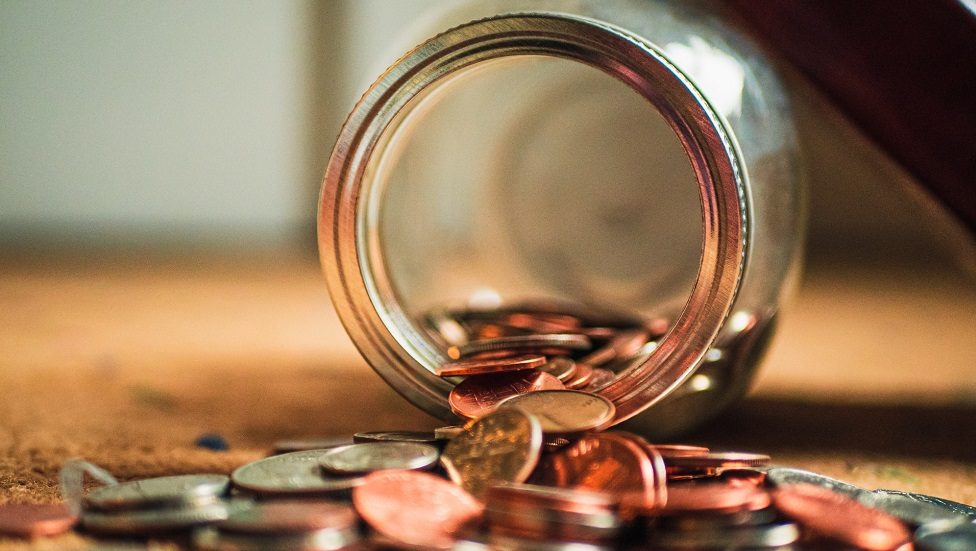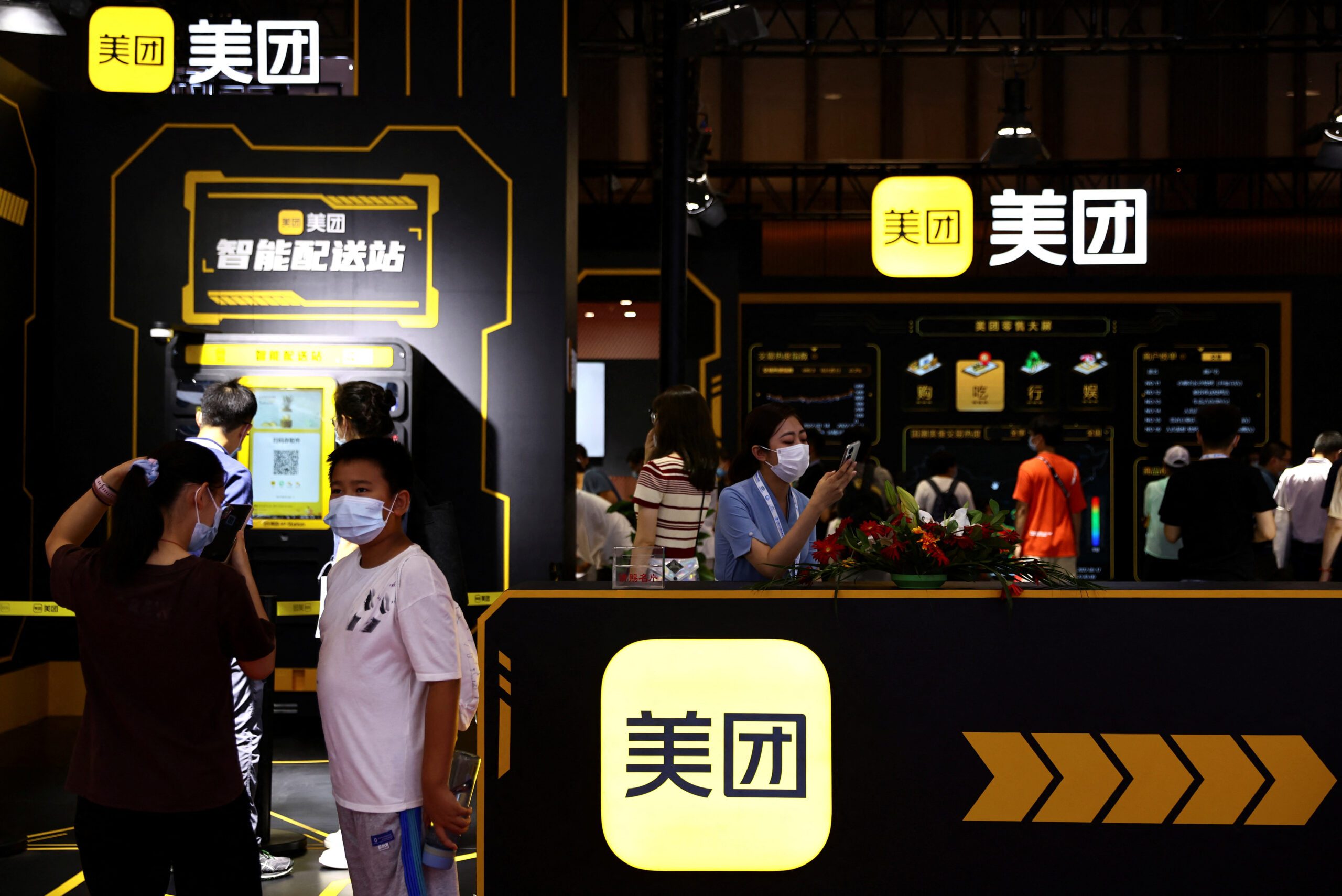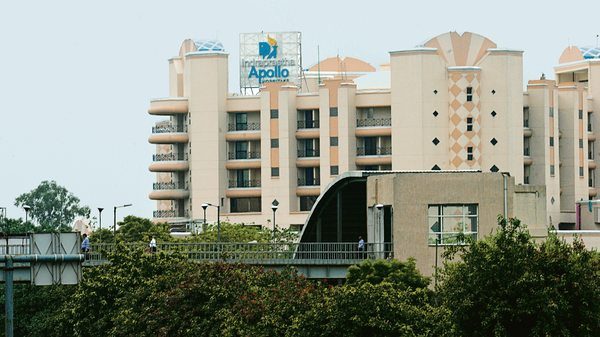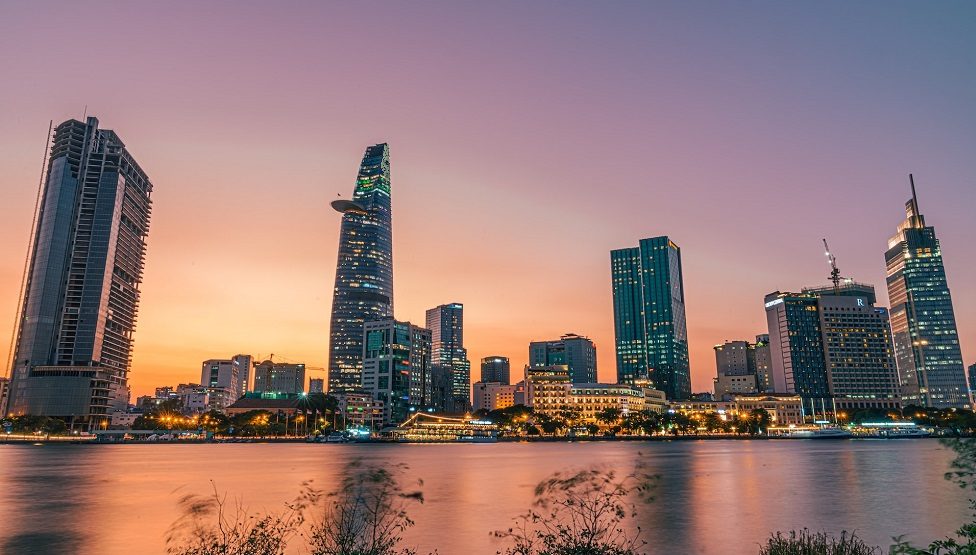SHANGHAI — China Evergrande Group, the country’s most indebted private borrower, vowed on Wednesday to bring its finances into compliance with “three red lines” set last year by Beijing to restrict further borrowings by property developers and contain risk.
Evergrande has been a focus of attention since last summer when a letter purporting to be a request for government help and warning of strained liquidity circulated online. Though the company denied its authenticity, the developer has since stepped up efforts to raise funds. Earlier this week, it sold a 10% stake in an online home and car sales unit for $2.1 billion.
Noting progress Wednesday in reducing total debts by 42.5 billion yuan ($6.47 billion) in the January-March quarter, which it said “outperformed” its target, Evergrande officials said the company expected to trim its net debt-to-equity ratio below the “red line” of 100% by June 30.
It would then aim to raise its ratio of cash to short-term debt above the minimum level of one by year-end and take its ratio of liabilities to assets below 70% by the end of 2022. Total debt stood at 716.5 billion yuan as of Dec. 31.
“In the coming two to three years, there will a reduction of 150 billion yuan each year to control the size of the liabilities of our company,” said Vice Chairman Xia Haijun, affirming an earlier debt-reduction timetable.
The group’s annual net profit meanwhile slipped 6.4% to 31.4 billion yuan in 2020, while revenue rose 6.2% to 507.25 billion yuan. Evergrande blamed the income drop on discounting to promote home sales.
Under the three red-line policy, companies are scored as green, orange, yellow or red based on how many of the “lines” they cross. Investment bank UBS in January counted just five of 52 large developers in the “green” zone of satisfying all three debt metrics.
Evergrande was one of eight developers judged to be in the red zone.
Some developers are in crisis already. China Fortune Land Development, a builder of industrial parks backed by Ping An Insurance Group, has defaulted on more than 20 billion yuan in loans and bonds in recent weeks. S&P Global Ratings earlier this month put a “selective default” rating on Sunshine 100 after it repurchased 750 million Hong Kong dollars ($96.74 million) in convertible bonds below their face value.
Two hundred bonds issued by China developers went into default in 2020, up from 150 in 2019, and as many as 499 real estate companies went bankrupt last year, according to a January report by Daiwa analysts Cynthia Chan and Jonas Kan.
In recent weeks, government officials have continued to warn of property market risks and to constrain related lending. Guo Shuqing, chairman of the China Banking and Insurance Regulatory Commission and Communist Party secretary of the central bank, this month expressed concerns about the health of the nation’s property market, saying many people were buying homes for investment or speculative purposes rather than for actual use, fueling bubbles.
Yet some companies remain upbeat.
“The real estate market has shifted from high-speed development to high-quality development,” Yu Liang, chairman of China Vanke, told reporters on Thursday.
The property developer, which has vied with Evergrande as the country’s largest seller of homes, has been in the yellow zone but said it was confident it will reach green when it reports results for the quarter ending Wednesday.
China SCE Group Holdings, a smaller developer based in Shanghai, meanwhile sent out a financial results notice Thursday headlined, “Fully complied with ‘three red lines’ requirements.”
Additional reporting by Narayanan Somasundaram in Hong Kong





